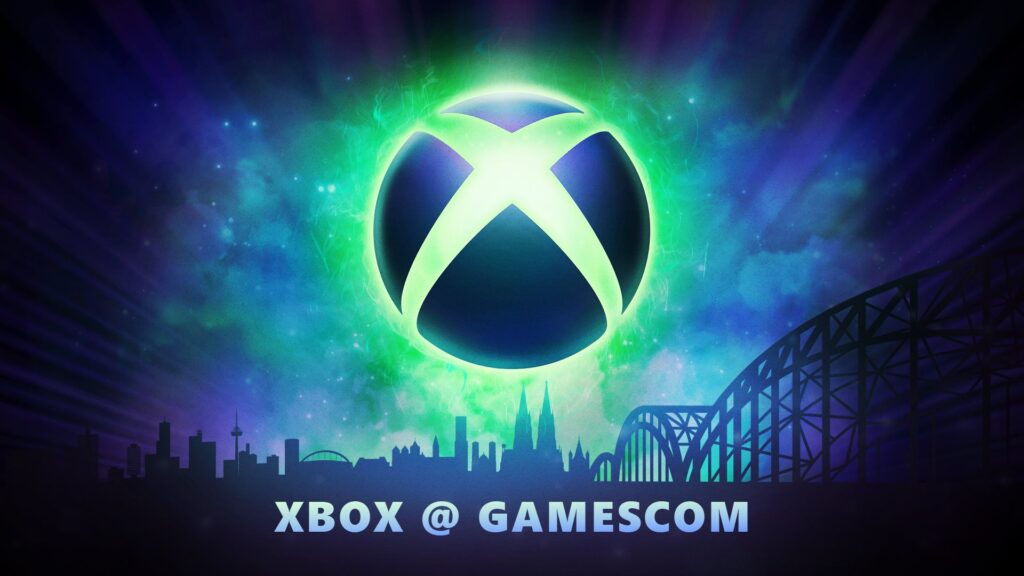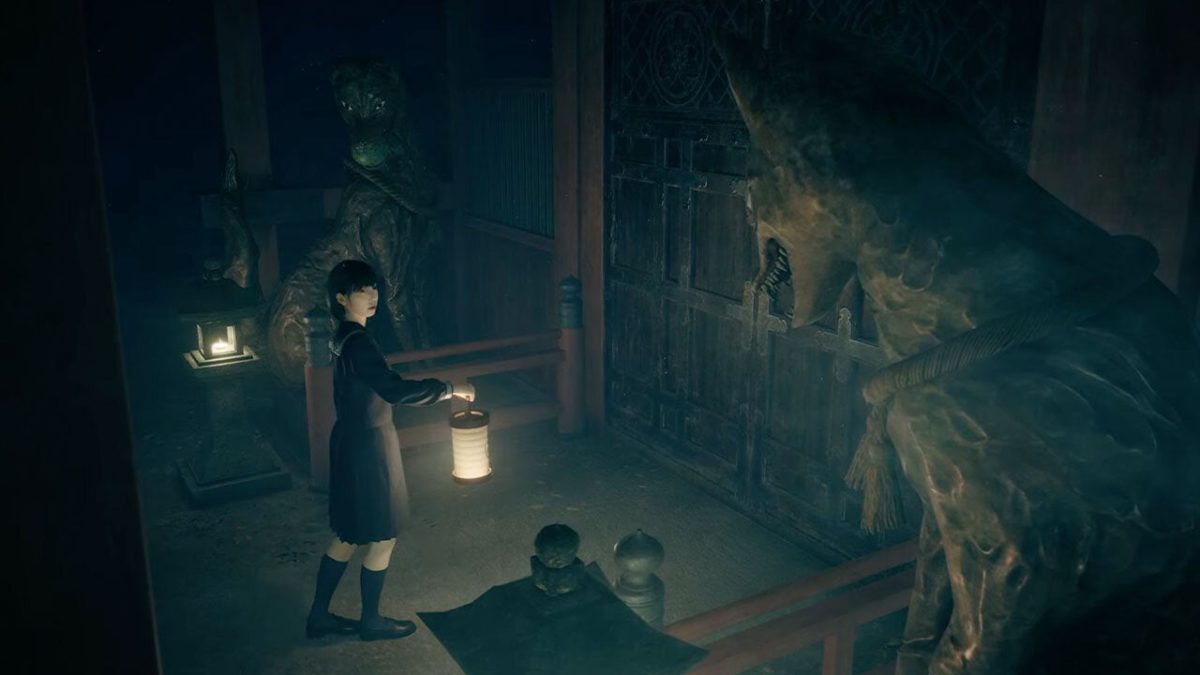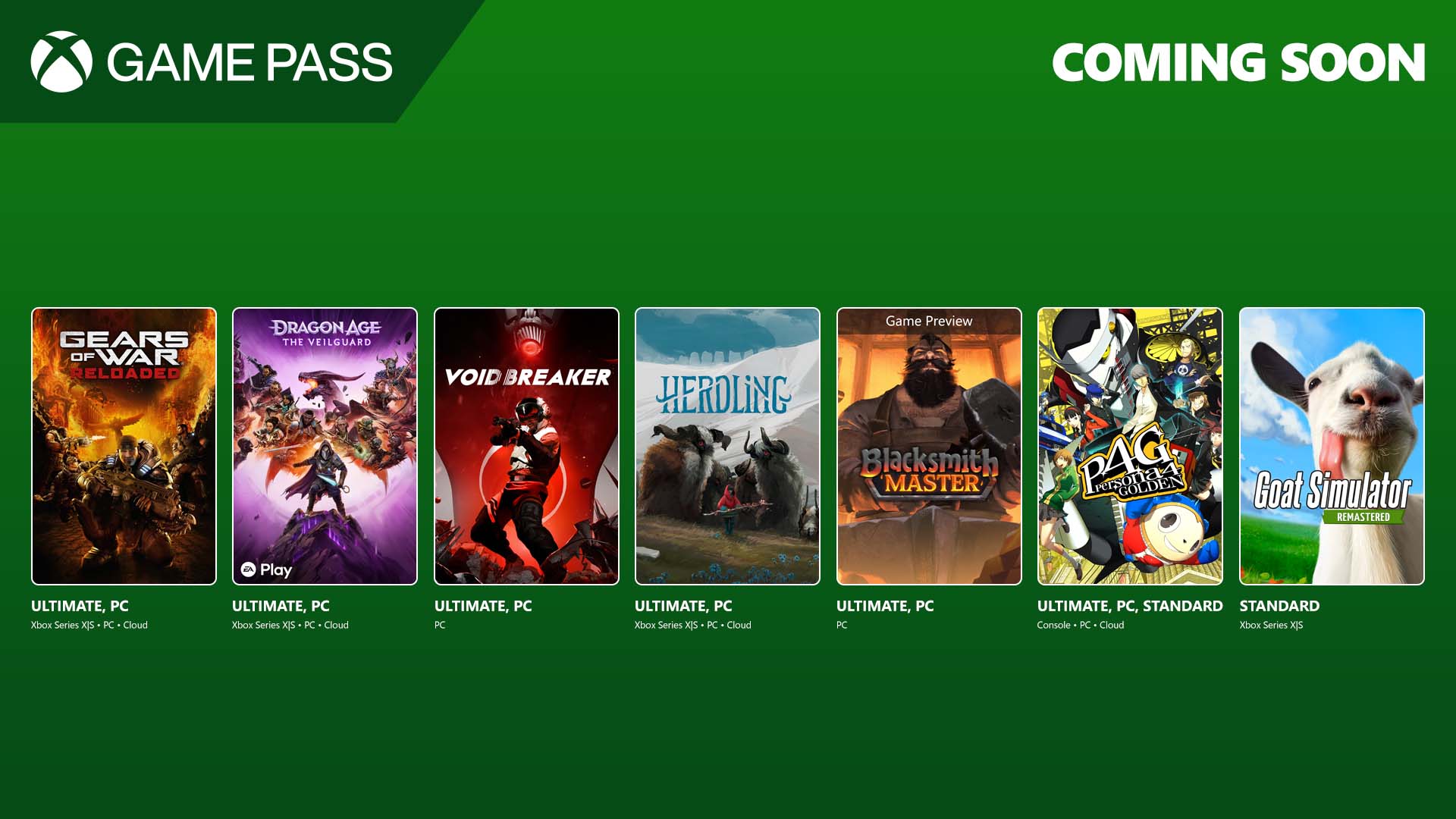Category: Video Games
Cronos: The New Dawn Delivers Scares And Thrills In Its Best Trailer Yet
Cats, monsters, and… James Sunderland?
Bloober Team has unveiled its latest trailer for Cronos: The New Dawn on Switch, and it’s probably the best one yet.
Starting from the perspective of a cat, of all things, it quickly descends into chaos, with monsters roaming about, weird telekinetic abilities, and even some nifty anti-grav sections.
Read the full article on nintendolife.com
gamescom Opening Night Live 2025: Everything Xbox Revealed, Including a Fallout TV Show Teaser
As always, gamescom 2025 kicked off with an Opening Night Live showcase, giving fans a fresh look at the amazing titles in store from Xbox for the rest of this year.
Opening the show, viewers got a huge first look at Call of Duty: Black Ops 7, showing off the game’s co-op Campaign, and teasing what’s ahead for Multiplayer and Zombies. That came alongside new gameplay for The Outer Worlds 2, Ninja Gaiden 4 and Indiana Jones and the Great Circle’s The Order of Giants DLC. Plus, we showed off more of Double Fine’s otherworldly Keeper, revealed a new expansion and a PS5 release for Age of Empires IV: Anniversary Edition, and offered up the cinematic trailer for the World of Warcraft: Midnight expansion.
And to cap it all off, we also introduced a teaser for Season 2 of the award-winning Fallout TV show.
And this is just the beginning, with gamescom now officially underway, Xbox will soon be opening the doors to our showfloor booth, and showing off everything from the ROG Xbox Ally handhelds, to a first public hands-on for Ninja Gaiden 4, to Hollow Knight: Silksong, to an exclusive theater presentation of even more gameplay from The Outer Worlds 2 – and much, much more besides.
If you can’t attend the show, fear not. Xbox Wire will be publishing stories all week, covering games from our booth, while the Xbox @ gamescom Broadcast will bring you even more first-look gameplay, new trailers, announcements and deep-dive interviews live from the show floor across August 20 and 21. There’s so much more to tell you about.
But for now, catch up on all of today’s news and reveals from Xbox below:
Age of Empires IV: Anniversary Edition – New DLC and PS5 Release Coming Later This Year
Xbox Series X|S, Xbox on PC, Xbox Cloud, Xbox Play Anywhere, Game Pass – also available on Steam and PlayStation 5
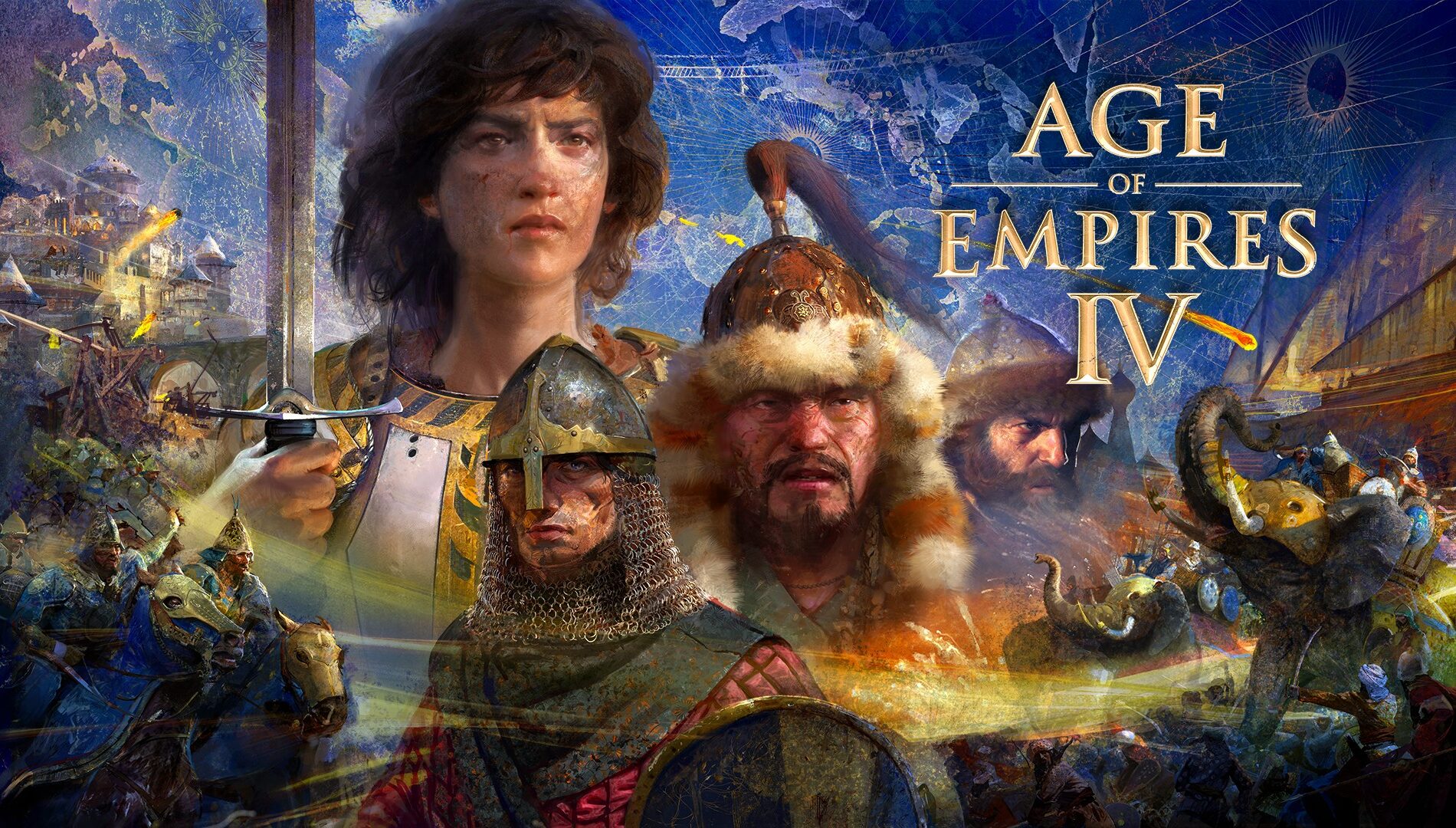
World’s Edge announced the Age of Empires franchise will once again be landing new frontiers with the launch of Age of Empires IV: Anniversary Edition onto PlayStation 5 later this year. In its ongoing quest to bring the joy of the Age franchise to even more platforms, the PS5 launch will also arrive alongside brand new DLC: Dynasties of the East, available for players on all platforms at the same time. Pre-orders for Dynasties of the East, as well as Age of Empires IV on PS5 are open now.
Call of Duty: Black Ops 7 Opens the Show With First-Ever Gameplay
Xbox Series X|S, Xbox One, Xbox on PC, Xbox Cloud, Xbox Play Anywhere, or play it day one on Game Pass – also available on Battle.net, Steam, PlayStation 5, PlayStation 4
Opening Night Live kicked off with the worldwide reveal of Call of Duty: Black Ops 7, introducing viewers to a 2035 world on the brink of chaos. Fan-favorite David Mason returns, leading an elite Black Ops squad on a covert mission to the sprawling Mediterranean city of Avalon. Players can squad up or play solo in a mind-bending Co-Op Campaign that spans neon-lit rooftops in Japan, coastal strongholds, and even the deepest corners of the human psyche.

Treyarch’s Miles Leslie (Associate Creative Director) and Raven Software’s Natalie Pohorski (Lead Producer) joined Geoff Keighley onstage to share more about the Co-Op Campaign’s narrative, mission variety, and Endgame —an epic PvE experience where you’ll reach new levels of power to survive overwhelming odds. Footage premiering at the show offered a look at the Co-Op Campaign, Multiplayer, and Zombies, setting the stage for the launch of Call of Duty: Black Ops 7 on November 14.
Fallout – Season 2
Surprise teaser trailer for Season 2 of the award-winning Fallout TV show!
Indiana Jones and the Great Circle: The Order of Giants DLC Shows Off New Gameplay
Xbox Series X|S, Xbox on PC, Xbox Cloud, Xbox Play Anywhere – also available on Steam, PlayStation 5
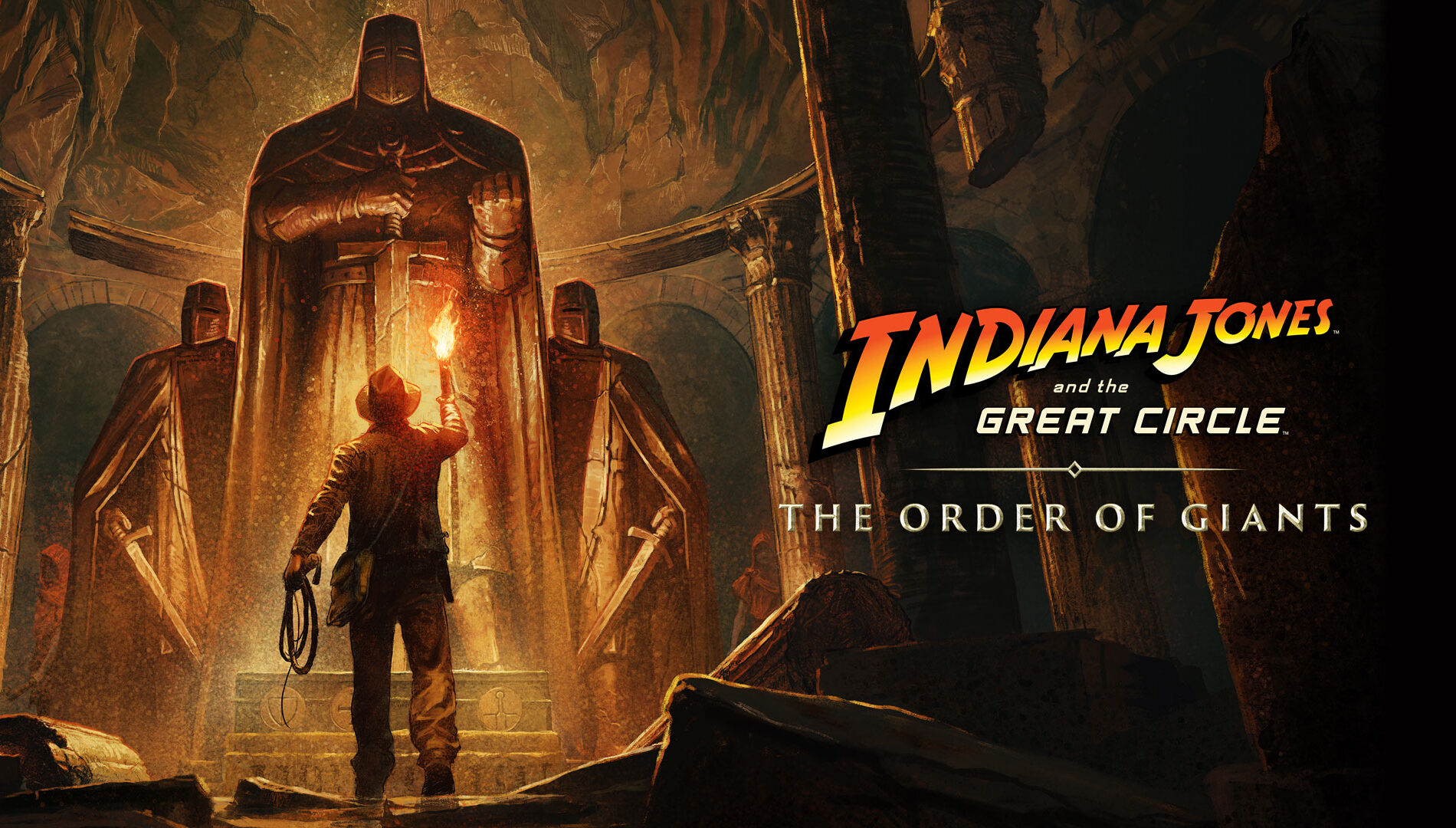
Indiana Jones and the Great Circle, the award-winning cinematic adventure from MachineGames, in collaboration with Lucasfilm Games, released the all-new gameplay trailer for Indiana Jones and the Great Circle: The Order of Giants. In this story DLC launching on September 4, 2025, players will dive beneath the bustling city of Rome as Indiana Jones to uncover the dark secrets of the Nephilim Order.
The content will be accessible to those who own the Premium Edition, Collector’s Edition, or Collector’s Bundle on September 4, or it can be purchased separately (base game required).
Keeper: Learn More About Double Fine’s Otherworldly Experience
Xbox Series X|S, Xbox on PC, Xbox Cloud, Xbox Play Anywhere, or play it day one with Game Pass – also available on Steam
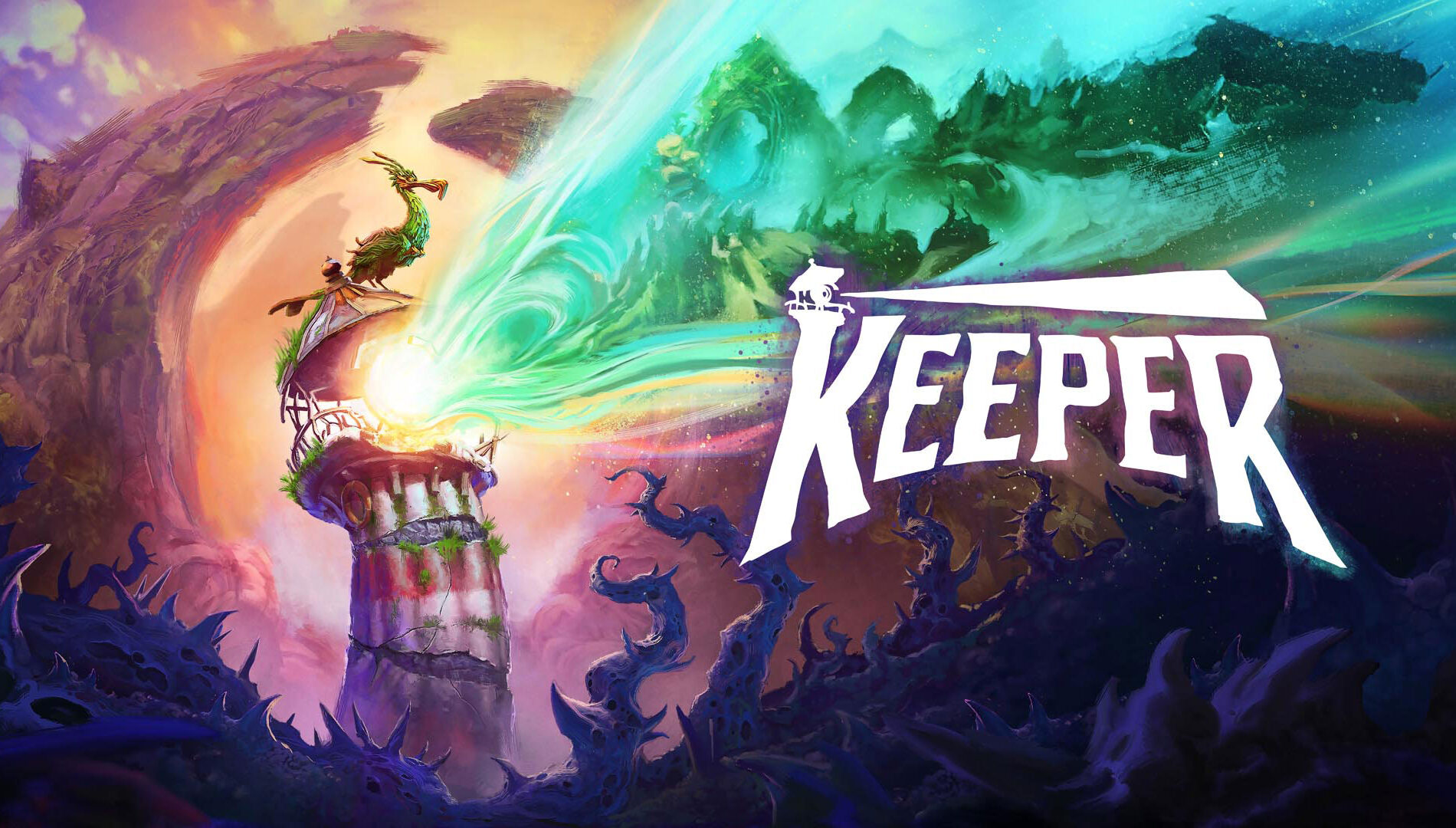
Keeper Creative Director Lee Petty appeared in an interview to discuss the otherworldly experience coming from Double Fine, on October 17. Showing off new gameplay from early in the game, Petty explained more about this truly unique adventure, from its inspirations (including ’80s classic ‘The Dark Crystal’) to how it offers an emotional heart through its unlikely duo of heroes.
Playing as a walking, wordless lighthouse, players will be able interact with the world through shining its light. By using its bird companion, known as Twig, they’ll be able to work together with the mysterious creatures of the island they’re exploring, uncovering its mysteries as they go.
“We can’t wait for people to get in there and experience our strange, beautiful world for themselves,” concluded Petty.
Ninja Gaiden 4 Unsheathes a Story Trailer Featuring New Brand-New Gameplay
Xbox Series X|S, Xbox on PC, Xbox Cloud, Xbox Play Anywhere, or play it day one with Game Pass – also available on Steam, PlayStation 5
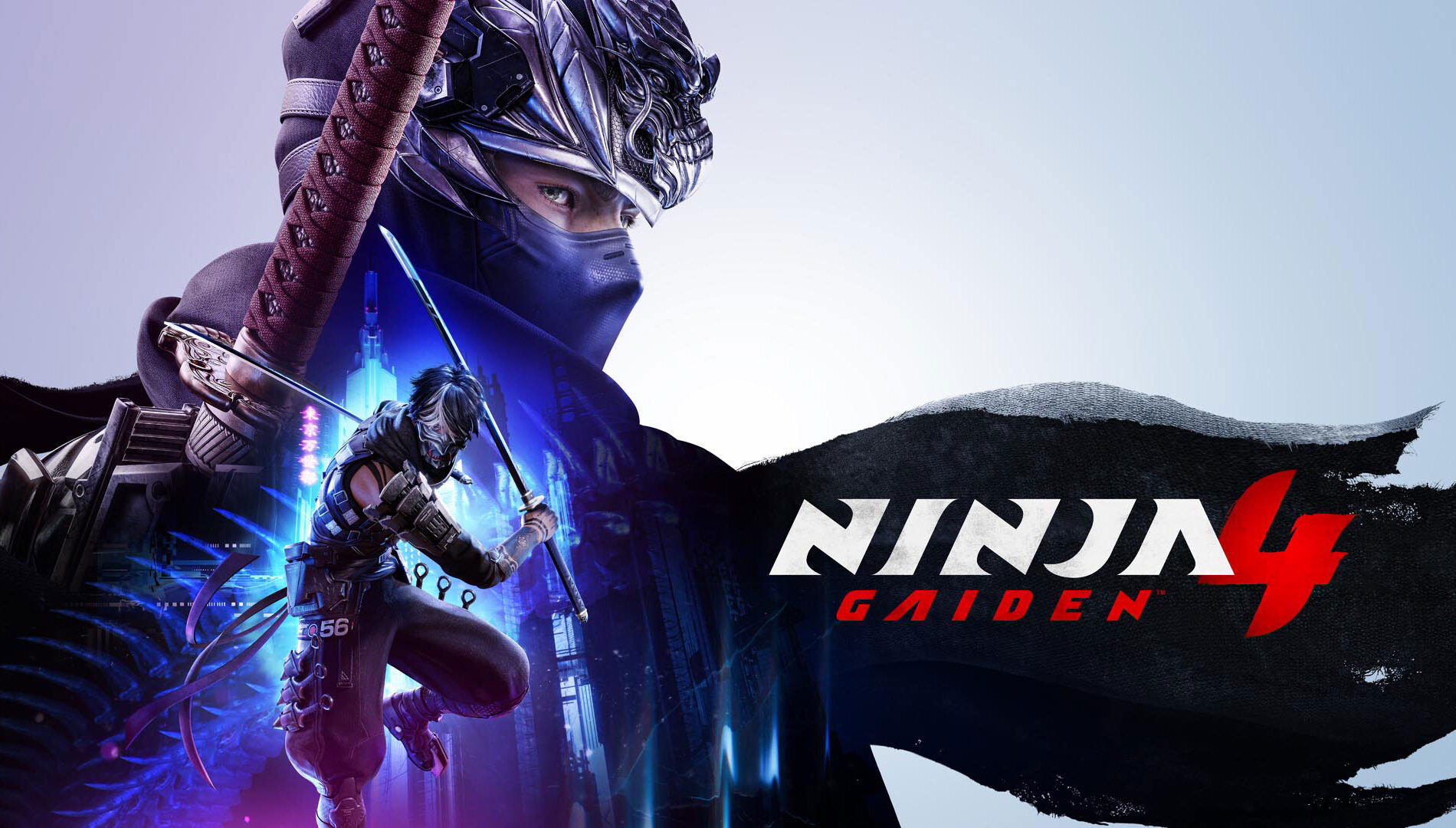
Revealed during Opening Night Live, the Ninja Gaiden 4 story trailer tells us more about the central characters that surround the Raven Clan’s young ninja prodigy, Yakumo, and his quest to slay the Dark Dragon. In addition to showcasing high-octane action, the trailer introduced a new weapon in Yakumo’s deadly arsenal, the Assassin’s Tools. New characters, new environments, and challenging new enemies were also revealed, that will collectively push players’ skills to the limit.
Ninja Gaiden 4 launches on October 21, pre-order now to receive the Dark Dragon Descendent Yakumo skin.
The Outer Worlds 2 Shows Off Its Cast of Companions
Xbox Series X|S, Xbox on PC, Xbox Cloud, Xbox Play Anywhere, or play it day one with Game Pass – also available on Battle.net, Steam, PlayStation 5
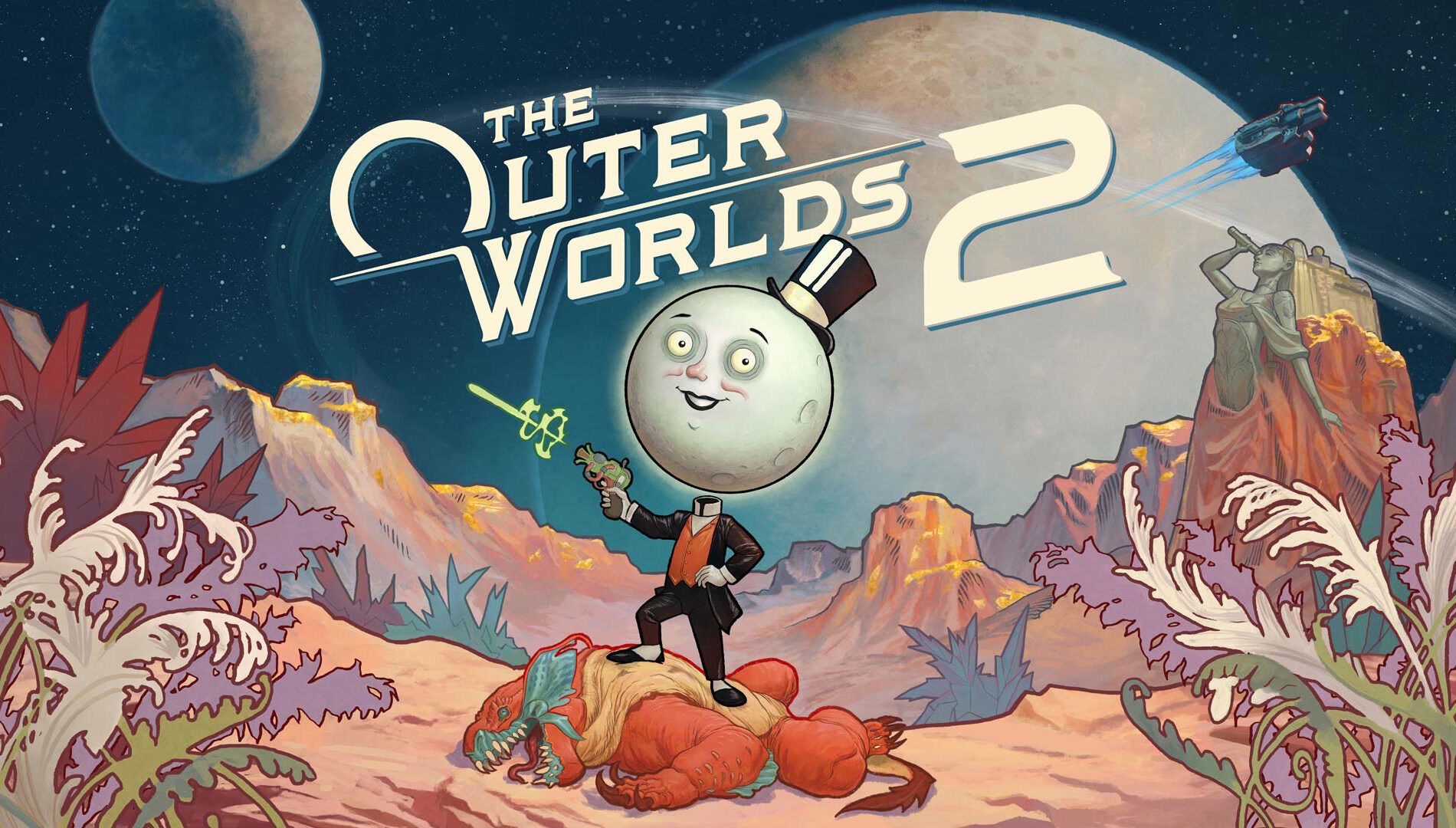
We got a fresh look at the upcoming sci-fi RPG when Obsidian Head of Sequels, Mark returned after his starring role in The Outer Worlds 2 Direct earlier this summer. In a trailer featuring new gameplay and a focus on six of the game’s Companion characters, we met: Earth Directorate Agent, Niles; drone healer, V.A.L.E.R.I.E.; bloodthirsty cultist, Aza; field medic Inez; the pistol-toting Marisol; and the Warhammer-wielding Tristan. As the trailer put it – they’ve got guts, they’ve got gear, they’ve got sidequests.
The Outer Worlds 2 launches October 29, 2025 – and if you can’t wait to see more, the gamescom Xbox booth will include a theater presentation with all-new gameplay. Can’t be there yourself? Check back on Xbox Wire this week for a full rundown of what’s shown.
World of Warcraft: Midnight – Blizzard Entertainment Unveils the Next Chapter
PC via Battle.net
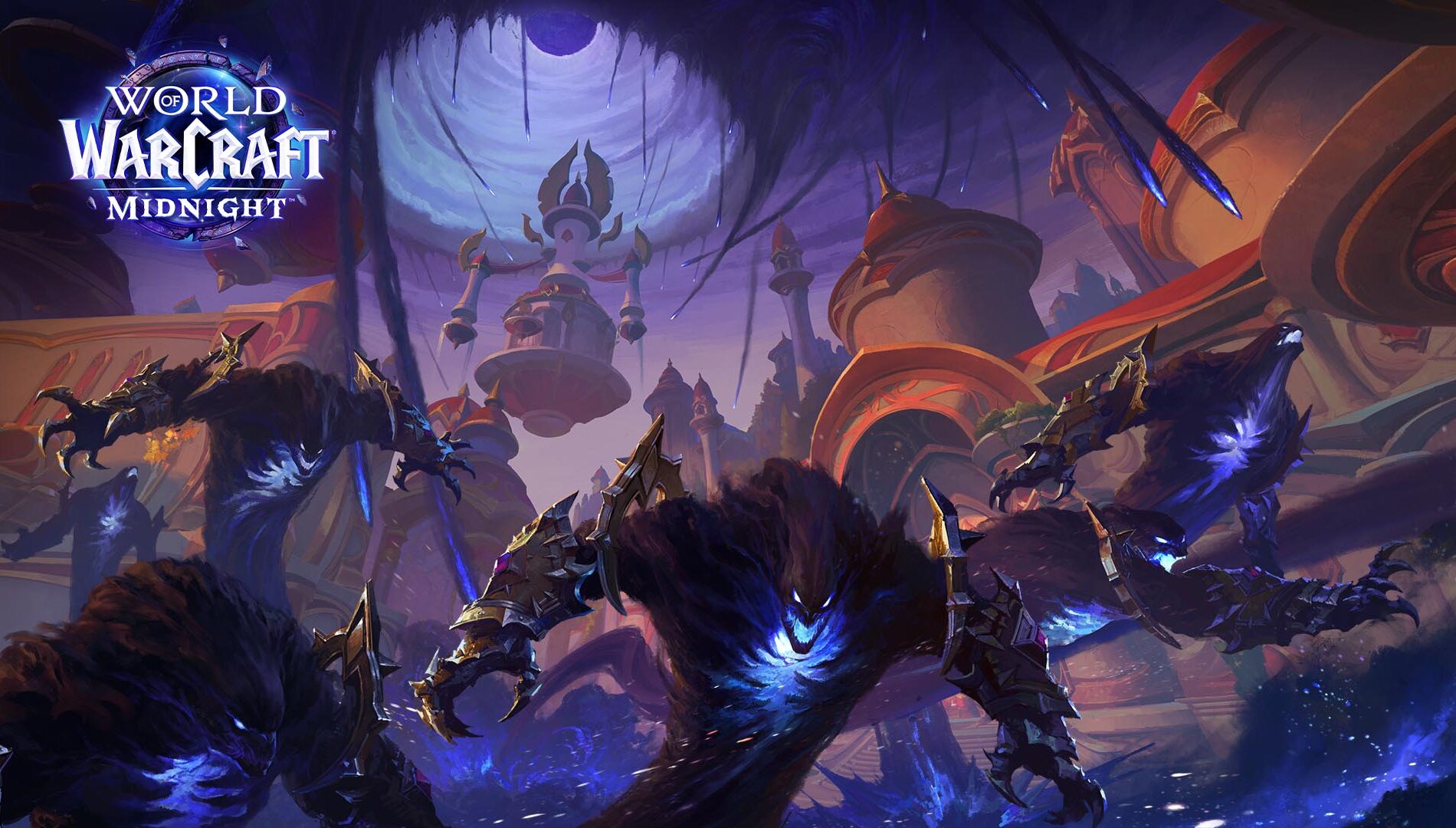
World of Warcraft executive producer Holly Longdale took to the stage to unveil World of Warcraft: Midnight, the next chapter in the Worldsoul Saga.
Check out the premiere of Midnight’s beautiful opening cinematic and step into a story where the Void threatens to consume the Light… and maybe start planning your dream home while you’re at it, as the new Housing feature is coming in this expansion!
Pre-purchase for World of Warcraft: Midnight is available now on PC via Battle.net.
The post gamescom Opening Night Live 2025: Everything Xbox Revealed, Including a Fallout TV Show Teaser appeared first on Xbox Wire.
Ghost of Yōtei Legends DLC is coming in 2026
Just announced on stage at Gamescom Opening Night Live, Ghost of Yōtei Legends is coming in 2026!
Legends is our cooperative multiplayer mode featuring a fantastical, supernatural setting in contrast to the grounded world of Ghost of Yōtei. And just like Ghost of Tsushima Legends, Ghost of Yōtei Legends will be free DLC for all Ghost of Yōtei owners.*
Ghost of Yōtei Legends will offer two-player story missions and four-player survival matches. This time around, you’ll play as one of four character classes and try to defeat demonic, giant versions of members of the Yōtei Six, plus a variety of new enemies that fight alongside them.
You can see a glimpse of a few of those enemies in the concept art below.
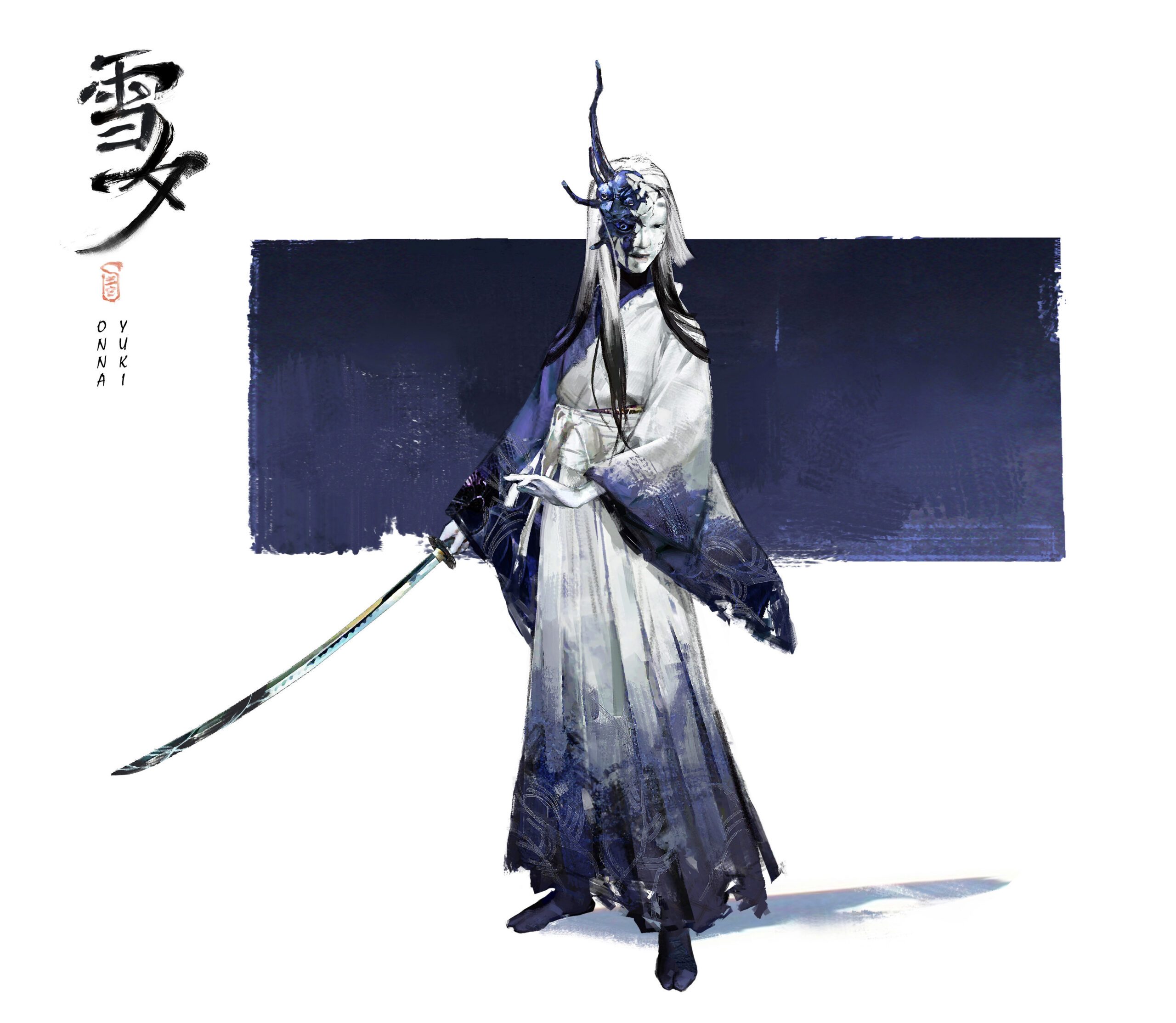
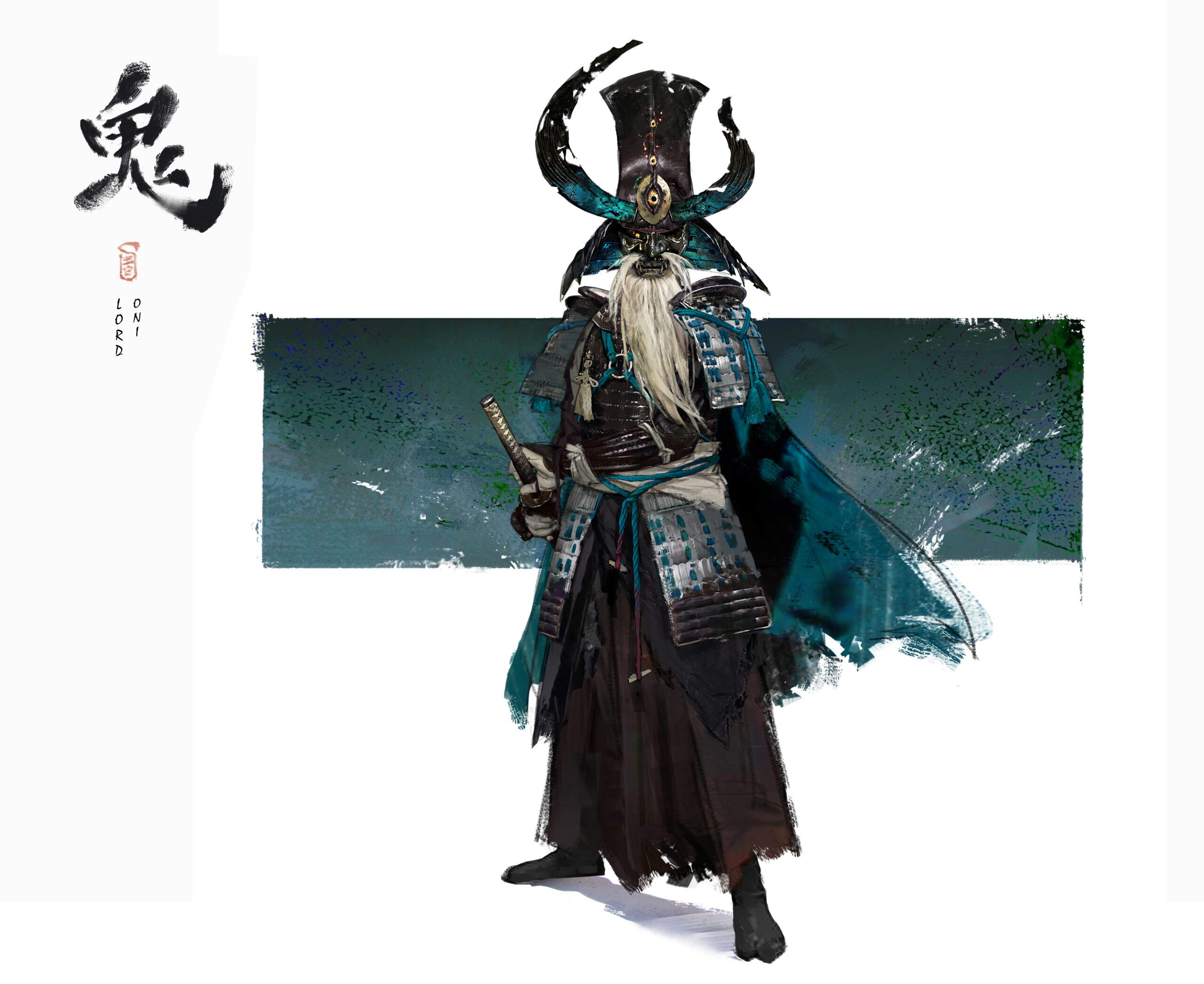

Stay tuned for many more details about Ghost of Yōtei Legends as we get closer to its launch in 2026.
And in the meantime, we’re only six weeks away from the launch of Ghost of Yōtei for PlayStation 5 consoles on October 2 and can’t wait until it’s in your hands! If you missed it, be sure to check out our State of Play gameplay deep dive for a look at exploration, combat, special modes, and more, and visit our official site to wishlist or pre-order ahead of launch!
*Available via patch update. Internet connection and account for PlayStation Network required. PlayStation Plus subscription (sold separately) required for online play or multiplayer. PS Plus is subject to recurring subscription fee taken automatically until cancellation. Age restrictions apply. Terms apply: play.st/psplus-usageterms .
Silent Hill f Gamescom Trailer Reveals Suzie Yeung as Hinako

Silent Hill f made an appearance at Gamescom Opening Night Live this evening with a brand new trailer, and our first listen at the English actor portraying main character Hinako, Suzie Yeung.
The new trailer opens with Hinako waking up in a dark room, seemingly confused. As she wanders, it seems she’s in some kind of shrine, and ends up following a figure with a blue lamp deeper in. She’s then attacked by those freaky dolls we’ve seen in past trailers, and we see shots of a number of other unsettling rooms in the shrine.
The trailer cuts to another scene at an old house on a rainy day, which Hinako seems to recognize as her own. We see her with her clothes torn and bloody, and a creepy woman’s voice giving instructions to kill everyone, and then Hinako confronting one of her classmates. All-in-all, not nearly as gory as the last trailer, but still plenty unnerving.
Silent Hill f is set in 1960s Japan, with a story written by Ryukishi07 intended to contrast beauty and horror. First announced in 2022, we’ve since learned that it’s standalone from the other Silent Hill games, and that it’s Japan’s first M-rated Silent Hill game, and comes with some frankly disgusting content warnings. We’ve also recently learned it’s expected to be combat-heavy, with series producer Motoi Okamoto saying, “Challenging action games are gaining popularity among younger players nowadays, so I believed that if we implemented such elements into the game, it would resonate well even with people who are new to the series.”
Silent Hill f will be out shortly, on September 25 of this year, on Xbox, PlayStation, and PC. We played it for five hours earlier this month, and you can read our preview right here.
You can catch up on everything announced at Gamescom Opening Night Live right here.
Rebekah Valentine is a senior reporter for IGN. You can find her posting on BlueSky @duckvalentine.bsky.social. Got a story tip? Send it to rvalentine@ign.com.
Valor Mortis will see Ghostrunner’s creators give Napoleonic era Europe the soulslike treatment in 2026
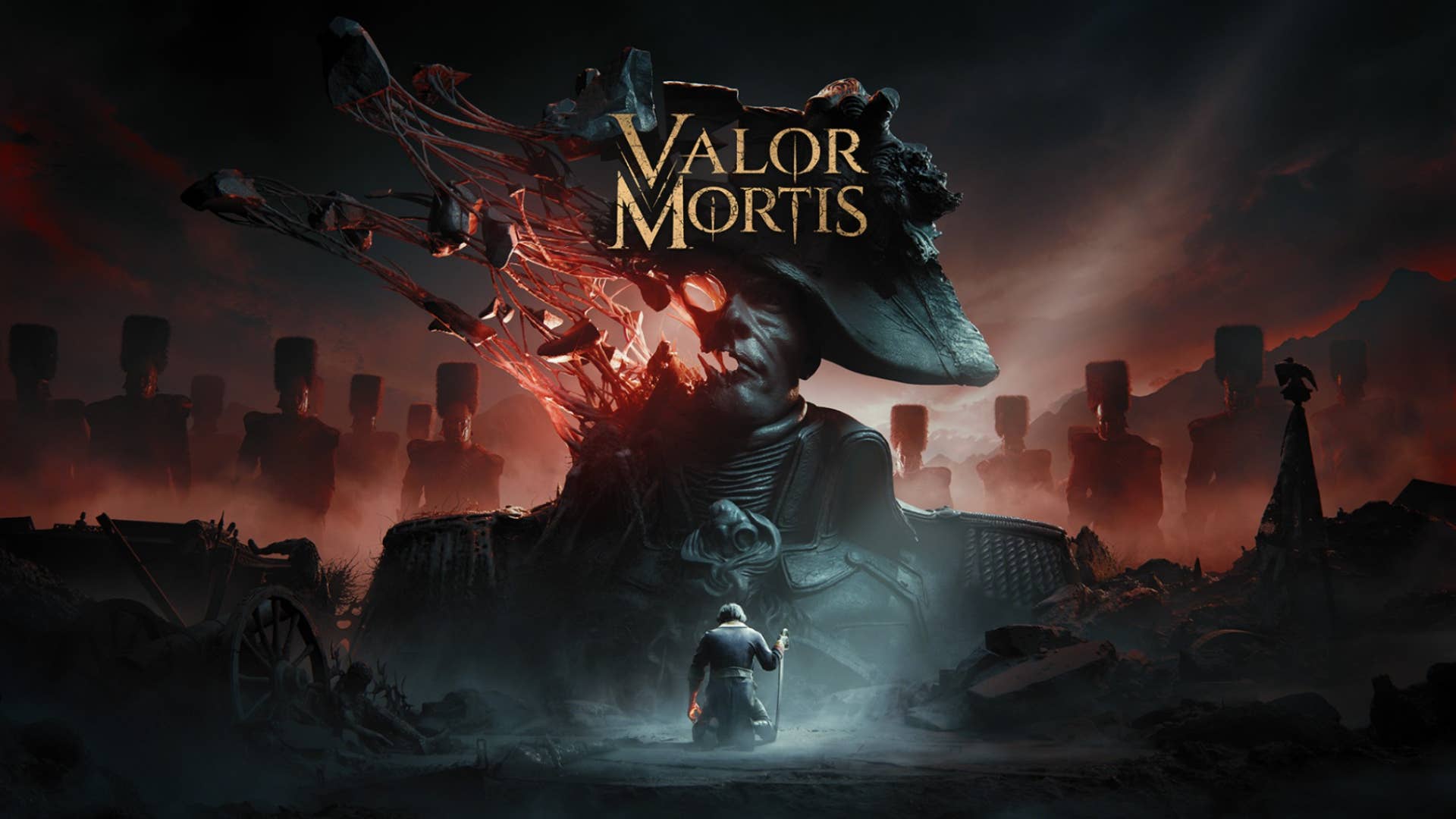
Valor Mortis, a soulslike set during Napoleon’s 19th century conquest of Eastern Europe, has been revealed by Ghostrunner devs One More Level during Gamescom Opening Night Live‘s preshow. It’s set for release in 2026.
Yep, if you’re a fan of games that drip with Frenchness and also revolve around beating up gaudily-health barred baddies before they do the same to you, this one might have you reaching for your musket and bicorne. That’s assuming the setting offers enough of a unique feel that Valor Mortis doesn’t resemble being trapped on a Fromsoft-imitation Elba.
gamescom Opening Night Live 2025: Everything Announced (Updating Live)

gamescom Opening Night Live 2025 marks the start of the gaming convention in Cologne, and is always packed full of announcements, trailers and gameplay reveals. It’s a lot to keep track of, so we’re rounding up all the announcements from gamescom ONL as they happen.
We’re expecting to see Call of Duty: Black Ops 7, Resident Evil Requiem, and a sneek peak at the second season of the Fallout TV show alongside some surprises, and the whole shebang will be presented by the omnipresent Geoff Keighley.
Speaking of Keighley, earlier this week he confirmed seven of the games that will be shown during ONL, including The Outer Worlds 2, Ninja Gaiden 4, and World of Warcraft: Midnight. Sony is showing up with the upcoming PlayStation 5 exclusive Ghost of Yotei, Konami has Silent Hill f, and there’s a Clair Obscur: Expedition 33 music performance.
While it’s not on Keighley’s list, Game Science has confirmed its blockbuster action game Black Myth: Wukong will be at ONL. Whether that’s to show an Xbox release trailer (it hits Xbox Series X and S on August 20) or to finally reveal DLC is unknown at this point, but fans sure hope it’s the latter. And we also know Lords of the Fallen 2 will be revealed at ONL, via a developer tweet.
Games confirmed for gamescom Opening Night Live 2025 so far:
- Call of Duty: Black Ops 7
- Resident Evil Requiem
- Ghost of Yotei
- Ninja Gaiden 4
- The Outer Worlds 2
- Silent Hill f
- World of Warcraft: Midnight
- Black Myth: Wukong
- Lords of the Fallen 2
If you want to tune in, check out IGN’s gamescom 2025: How to Watch, Schedule, and What to Expect From the Event guide.
Tales Of Xillia Remastered Coming This October, Confirmed 30fps For Switch
No Song 4 u, though.
Bandai Namco has finally confirmed the next Tales series remaster, and — shocker! — it’s Tales of Xillia Remastered, and it’s coming to Switch 1.
So, we all saw this coming after last week’s leak, but here’s the surprising bits of news — it’s coming out on 31st October 2025, and only Xillia 1 is included, not Xillia 2. Well, the latter was sort of expected, but we hoped the sequel would be bundled too.
Read the full article on nintendolife.com
Nintendo Music “Special Release” Adding Tracks From Kirby Air Riders Today
Update: Confirmed in today’s Direct.
Nintendo Music is mostly known for regular retro soundtrack updates, but this week it’s completely different, with the Japanese firm announcing we’re actually getting some music from a game that’s not even out yet.
It’s songs from Masahiro Sakurai’s upcoming release, Kirby Air Riders. Of course, this links up with the game’s Nintendo Direct, which is airing later today and will run for a whopping 45 minutes.
Read the full article on nintendolife.com
Coming to Game Pass: Gears of War: Reloaded, Dragon Age: The Veilguard, Void/Breaker, and More
Hope to see you in chat for Opening Night Live tonight, and don’t forget to tune into the two days of Xbox Broadcast at gamescom starting tomorrow – we’ll have updates for you on all sorts of games including announcements, gameplay, interviews, and more (full details here on Xbox Wire)! Let’s kick off this round of announcements with the games coming soon.
Available Today
Blacksmith Master (Game Preview) (PC)
Game Pass Ultimate, PC Game Pass
Manage your own medieval smithy in Blacksmith Master and supervise the entire process from mining ores and gems to designing and selling finished products. Forge everything from weapons and armor to tools and cooking utensils to fund your craft and become the Blacksmith Master.
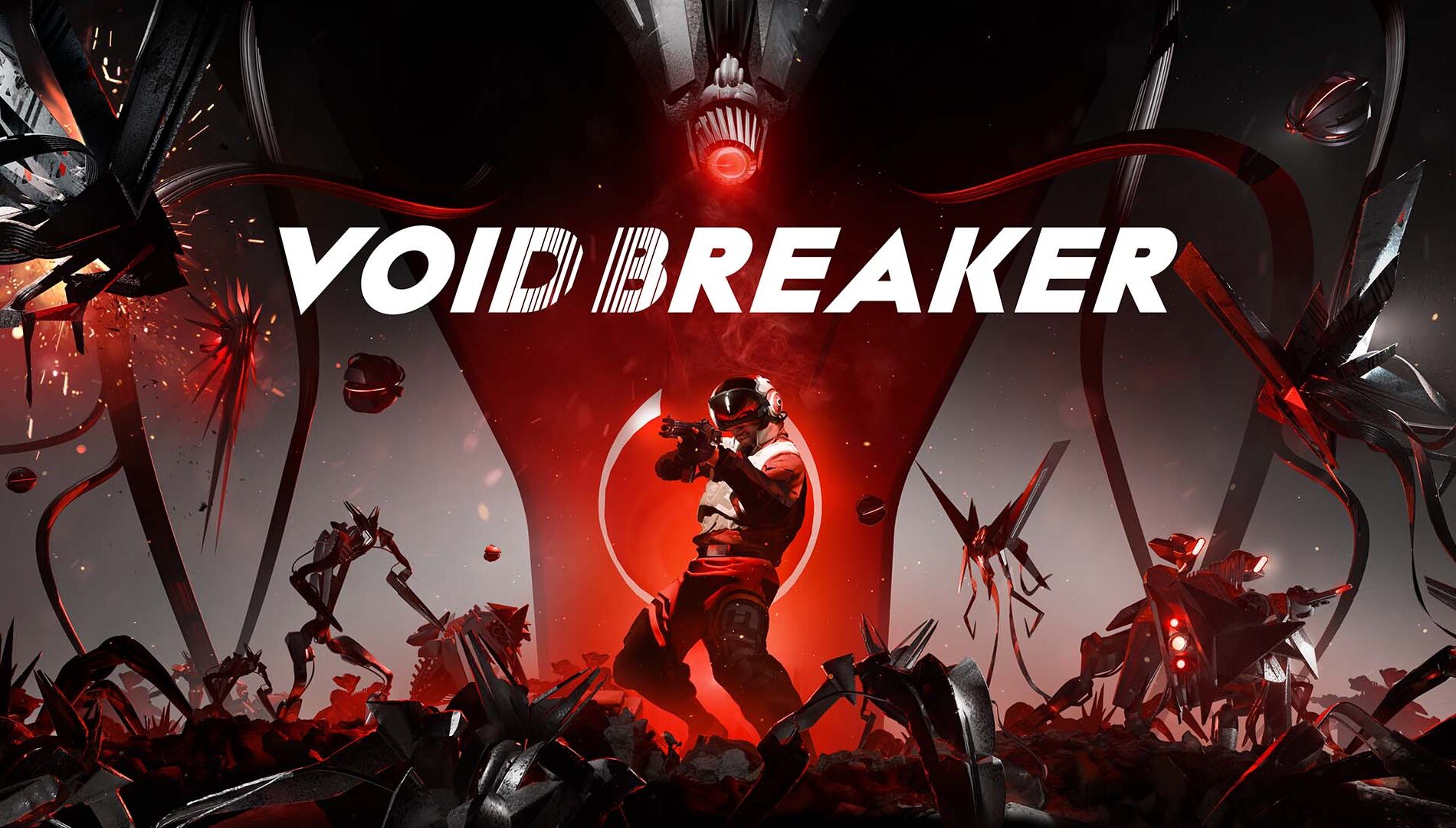
Void/Breaker (PC)
Game Pass Ultimate, PC Game Pass
Trapped in endless loops by a ruthless AI, you’re forced to fight, die, and repeat in this adrenaline-fueled roguelite FPS. Master lightning-fast gunplay, agile movement, and a revolutionary weapon modding system. Create devastating synergies, harnessing environmental destruction.
Coming Soon
Goat Simulator Remastered (Xbox Series X|S) – August 20
Now with Game Pass Standard
Lick, flip, and headbutt your way across a chaotic sandbox world where you make the rules. Enjoy wacky physics, upgraded graphics, and DLC classics in one neat package. It’s time to grab life by the horns and set out on an adventure!
Persona 4 Golden (Cloud, Console, and PC) – August 20
Game Pass Ultimate, PC Game Pass, Game Pass Standard
Experience a coming-of-age story that sets the protagonist and his friends on a journey kickstarted by a chain of serial murders. The world-renowned Persona 4 Golden promises unforgettable adventures, meaningful bonds, and heartwarming experiences shared together with friends.
Herdling (Cloud, PC, and Xbox Series X|S) – August 21
Game Pass Ultimate, PC Game Pass
Available on day one with Game Pass! Head out on a grand alpine expedition with a herd of loveable beasts, as you ascend a mountain path, encounter eerie dangers and surprising obstacles, and forge your way to the mystery at the summit.
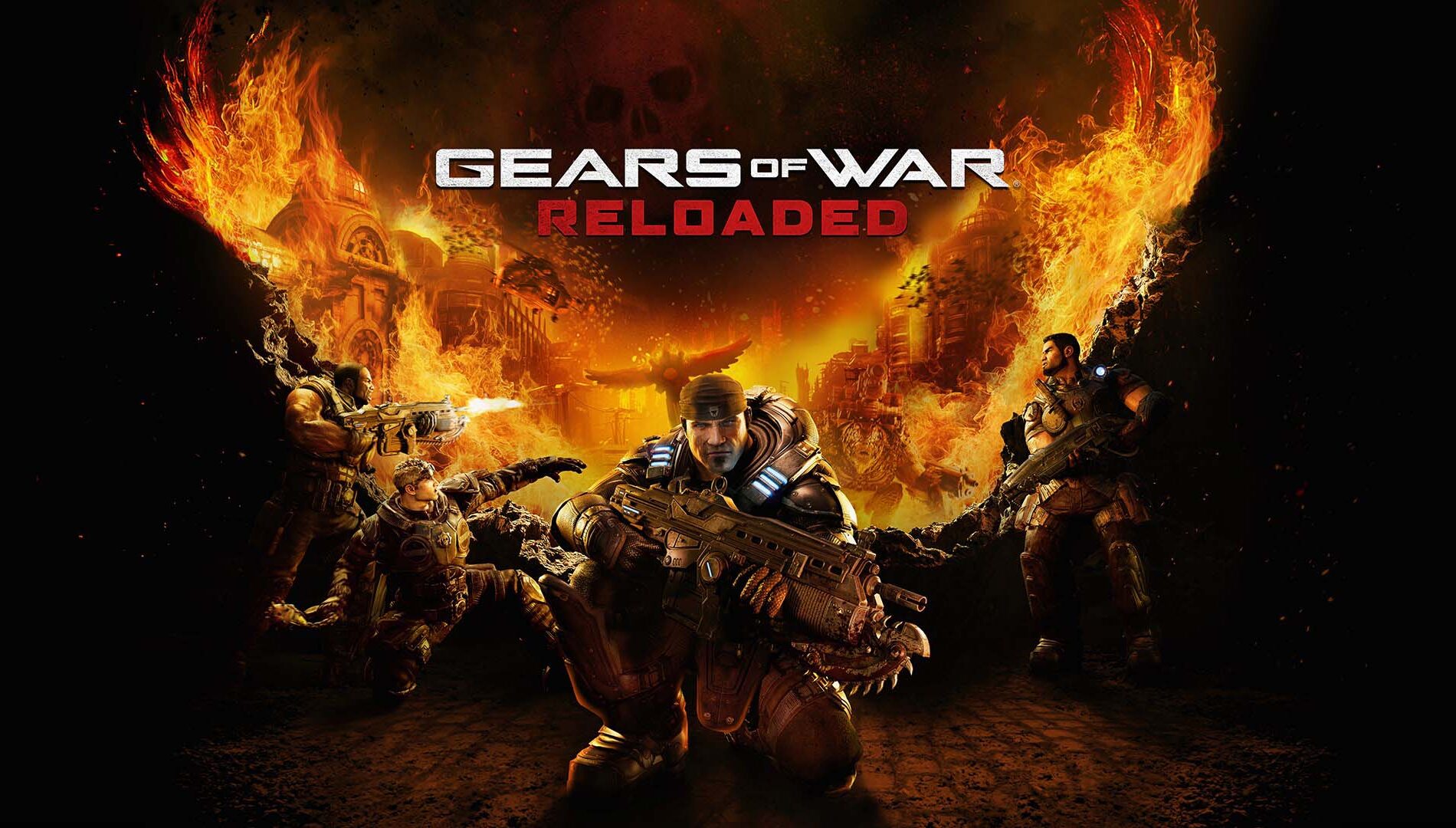
Gears of War: Reloaded (Cloud, PC, and Xbox Series X|S) – August 26
Game Pass Ultimate, PC Game Pass
Available on day one with Game Pass! Powered by Unreal Engine, Gears of War: Reloaded is a remaster of the blockbuster first Gears of War, now fully optimized for the latest generation of gaming platforms. Gears of War: Reloaded delivers all post-launch content for the original title, including a bonus campaign act, multiplayer maps, plus characters and cosmetics.
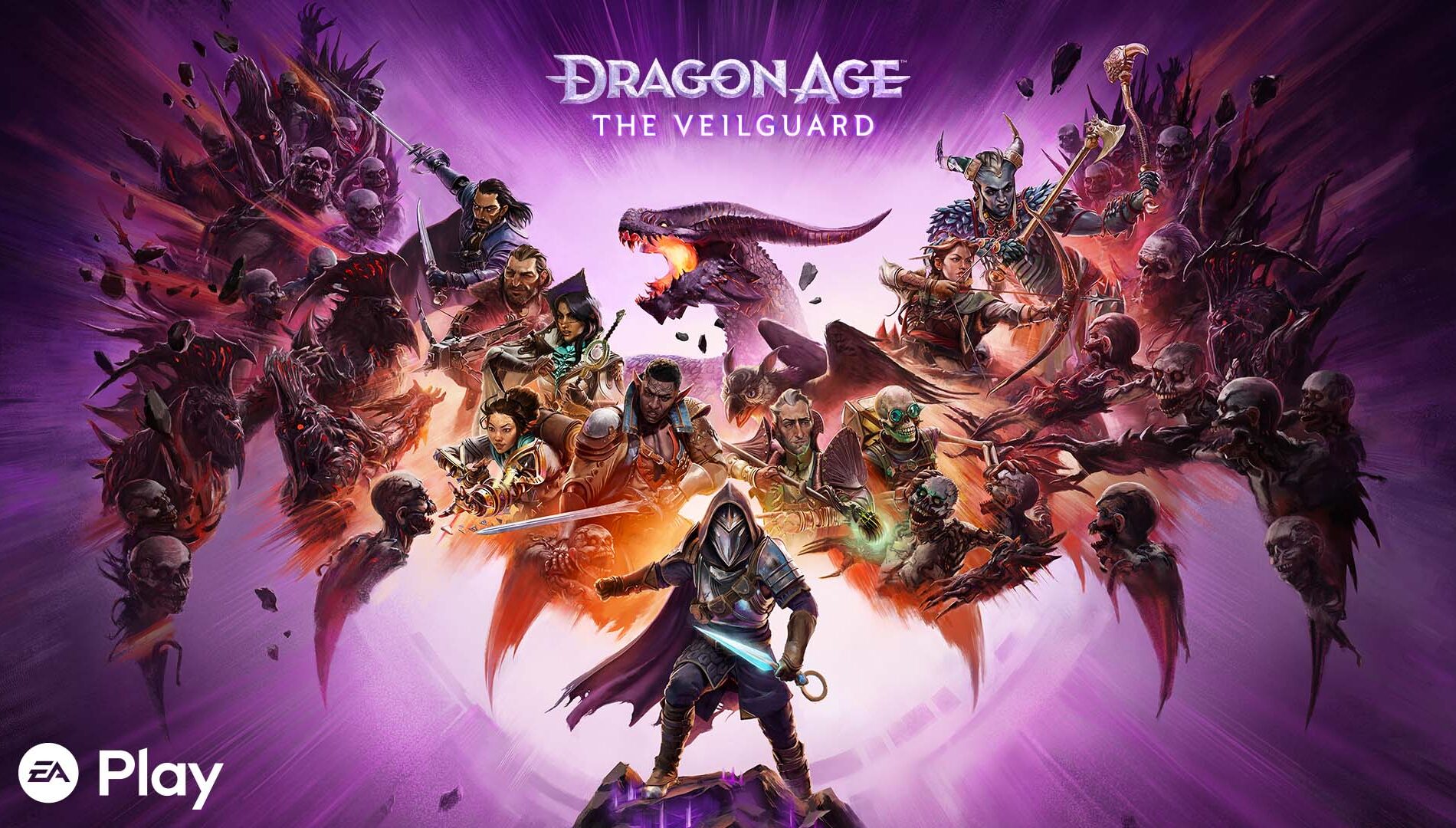
Dragon Age: The Veilguard (Cloud, PC, and Xbox Series X|S) – August 28
Game Pass Ultimate, PC Game Pass
Dragon Age: The Veilguard is coming soon to The Play List. Unite the Veilguard and defy the gods in an immersive single-player RPG. Members can save a battered world with Game Pass Ultimate, PC Game Pass, and EA Play.
In Case You Missed It
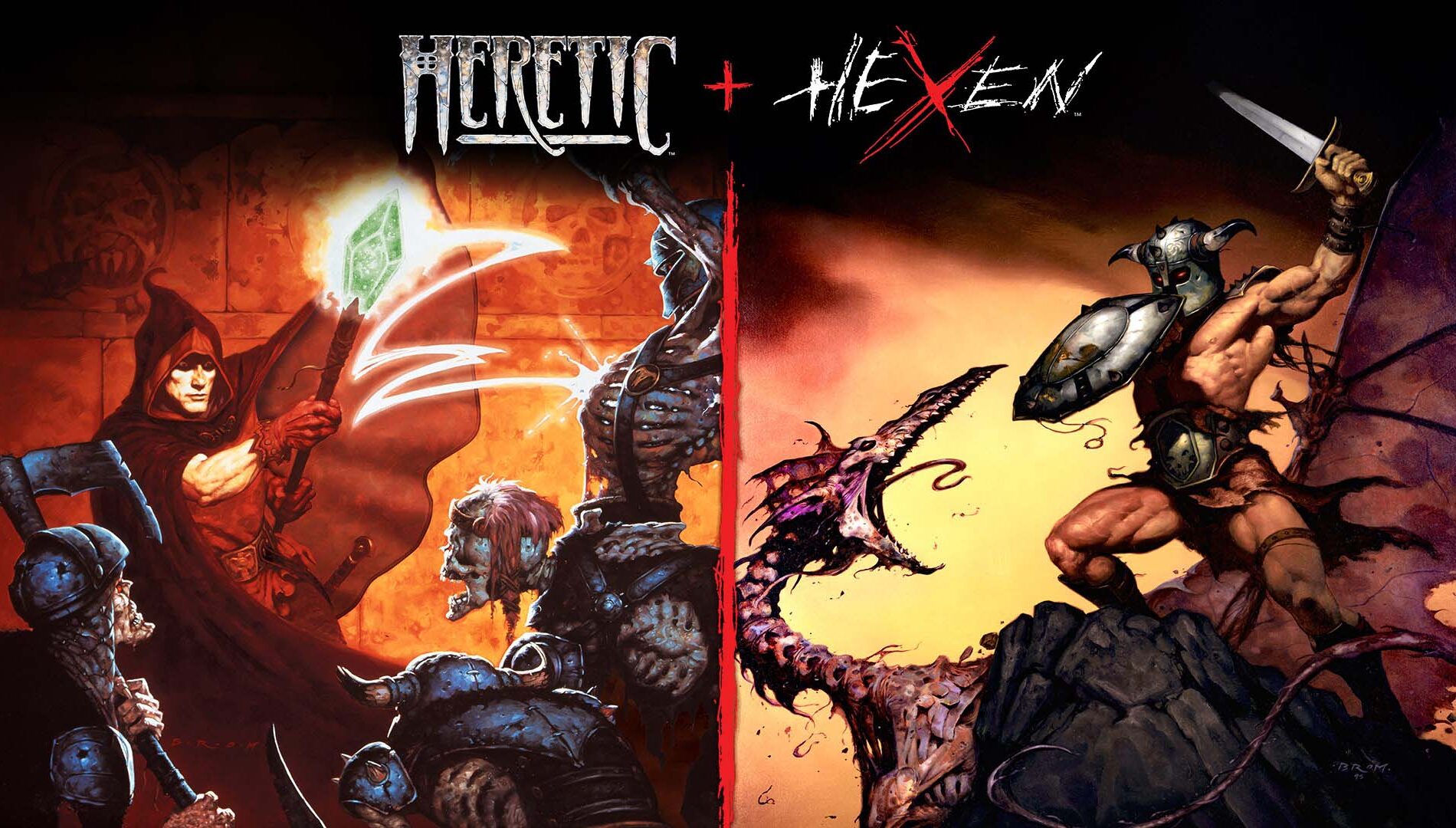
Heretic + Hexen (Cloud, Console, and PC) – Available now
Game Pass Ultimate, PC Game Pass
Step into the definitive re-release of two dark spell-casting shooters that shaped the genre. This enhanced restoration makes Heretic + Hexen available to new audiences and long-time fans with expanded accessibility across more platforms and languages than ever before.
Xbox Game Pass Ultimate Perks
Delta Force: Immortal Supplies Bundle – Available Now
Get a head start with the Immortal Supplies bundle and dominate the battlefield in style! This Perk content requires Delta Force to use.
Phantasy Star Online 2 New Genesis: August Member Monthly Bonus – Available Now
Game Pass Ultimate members receive a monthly bonus of useful in-game items exclusively for Phantasy Star Online 2 New Genesis. Get 3 N-Half Scape Dolls, 3 N-Rare Drop Rate +100% and 6 N-EXP Earned +75%. This Perk content requires Phantasy Star Online 2 New Genesis to use.
Leaving August 31
The following games will be leaving the Game Pass library soon, so don’t forget to jump back in before they go! Remember to use your membership discount to save up to 20% off your purchase to keep them in your library!
- Ben 10 Power Trip (Cloud, Console, and PC)
- Borderlands 3 (Cloud, Console, and PC)
- Paw Patrol Mighty Pups Save Adventure Bay (Cloud, Console, and PC)
- Sea of Stars (Cloud, Console, and PC)
- This War of Mine: Final Cut (Cloud, Console, and PC)
Don’t forget that we’re continuing to add more games over time to the stream your own game collection for Xbox Game Pass Ultimate members. Keep and eye on Xbox.com/Play for the current list of available cloud playable games to stream on supported devices if you own them.
We’ll have more news as the week goes on at Gamescom, so stay tuned here and on social at Xbox, PC Game Pass, and Xbox Game Pass as the announcements come. Talk soon!
The post Coming to Game Pass: Gears of War: Reloaded, Dragon Age: The Veilguard, Void/Breaker, and More appeared first on Xbox Wire.


